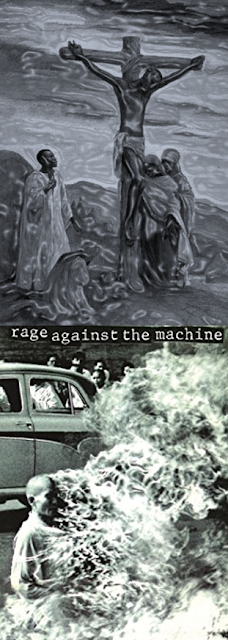Jesus as Bodhisattva

There is the centuries-old legend that between the age of 12 and 33, which in the gospels are not mentioned, Jesus traveled to India and learned about Buddhism. These lost years were spent studying and practicing the Buddhist dharma. Jesus internalized the dharma on the basis of his cultural-religious background, and came back to Palestine and taught a kind of Buddhist-Judaism. There is no historical evidence for this. Yet there are groups of Indians and Tibetans who hold to it. And it is pretty interesting for us to consider. That the story continues to make the rounds with many people believing it to be true itself says a lot. Many of us would like to believe it! One thing is for sure, what Christ taught was often very buddhistic. Jesus’ teaching, whether knowingly or not, tapped into buddhistic notions of righteous self-emptying and righteous effort amid suffering, the exaltation of the poor and the vulnerable, and the focus on the imminence of truth and the practice of compassion...


